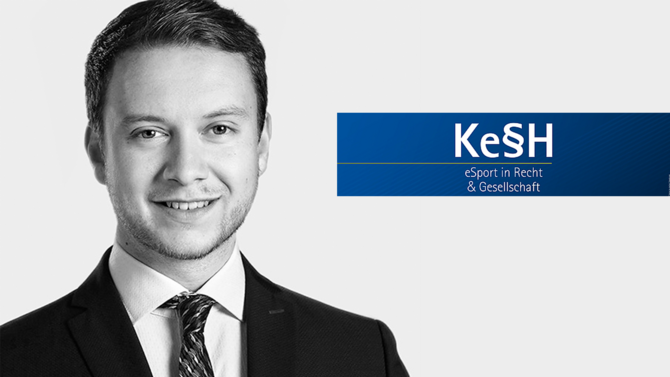Find out today what the legal world will be talking about tomorrow.
07.11.2019
Successful premiere for “Esport Level-Up” event organized by SKW Schwarz, SPORT1, and ESBD: more than 200 attendees discuss developments in esports
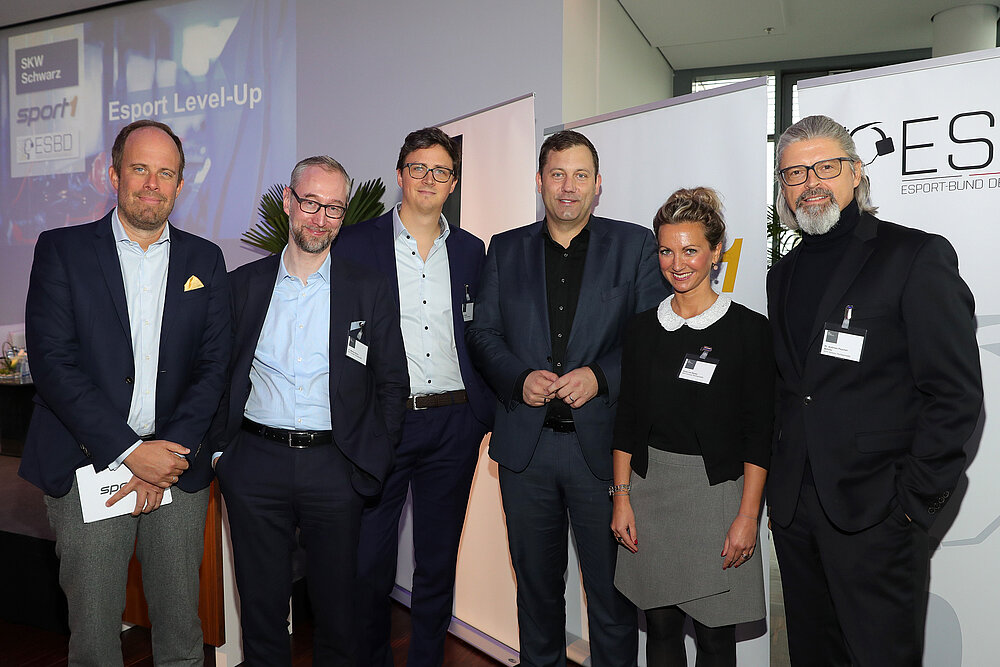
The event’s first panel discussed sponsorship in esports: Kristina Müller, Head of Strategic Partnerships at ESL, Caroline Pilz, Head of Lifestyle Marketing at Mercedes Benz, and Arjan Sissing, Head of Group Brand Marketing at Deutsche Post DHL Group, explained what brands expect from their involvement in esports and the opportunities and risks involved. The panel was moderated by Dariusch Hosseini, CEO of Thumbstopping Consulting. The second panel reviewed the entry of traditional sports teams into esports and the composition of esports teams. Speakers included Christian Sachs, Head of the German Olympic Sports Confederation’s Berlin office, Andreas Heyden, EVP Digital Innovations at DFL Digital Sports, professional FIFA esports player Tim Latka from Schalke 04, Alexander T. Müller, CEO of esports team SK Gaming, and Maurice Sonneveld, Head of Digital Media at Hertha BSC. The panel was moderated by Daniel von Busse, COO TV and management board member of Sport1 GmbH. In another keynote presentation, Moritz Maurer, CEO of GRID Esports, and Moritz Mehner, Lawyer at SKW Schwarz, spoke on data assets in esports.
In the third panel, Nikolaus Glasmacher, General Manager Sports and New Platforms at BILD, Michael Heina from Nielsen Sports, Hiro Kishi, Vice President Sports Sponsoring at Telekom Deutschland GmbH, and Johannes Schiefer, VP Digital Marketing Services at ESL answered the question “Esports: Niche, Hype or Mainstream?” The panel was chaired by Dirc Seemann, Editor-in-Chief at SPORT1. The final panel discussed investments in esports. Jens Hilgers, Founding Partner of BITKRAFT Esports Ventures Management, ESBD President Hans Jagnow, and Alexander Jobst from FC Schalke 04 gave insights into the various possibilities of financial commitments. The panel was moderated by Dr. Markus Brock, Lawyer at SKW Schwarz.
Exclusive SPORT1 interview with Lars Klingbeil at the “Esport Level-Up” event
Below are the key statements from the exclusive SPORT1 interview with Lars Klingbeil, Member of the German Bundestag and Secretary General of SPD, at the “Esport Level-Up” event:
To what extent is the topic of esports present in political Berlin?
Lars Klingbeil: “It's a topic that is expanding and one that politicians are increasingly addressing. But we are not yet as far along as I would like. The German government just presented its mid-term review, and most of what the coalition agreement included about esports has regrettably not yet been implemented. There's still a lot that needs to be done.”
What needs to be done?
Lars Klingbeil: “Obviously, politics cannot simply recognize esports as sports; the sports associations have to do that. But what we have to do is to value esports and to convince people. This also includes the following questions: How can esports centers be promoted, for example? What can politics contribute to resolve visa issues? What about funding opportunities in general when talking about non-profit status? The responsible sports minister also needs to seek talks with the sports associations.”
Do you understand the point of contention about whether esports is sports?
Lars Klingbeil: “I see my mission in reconciliation. This dispute achieves nothing at all. Classic sports need esports. That is my firm conviction. That is why the teams should open up and position themselves for the new era. Both sides can benefit from each other.”
How do you rate the way politics deals with esports?
Lars Klingbeil: “When I see how big this youth culture is, how huge the economic power of esports is, the scene deserves this and it has worked hard so that politicians urgently address it. There is still a huge amount of catching up to do.”
Is esports also an important part of digitalization in Germany?
Lars Klingbeil: “I would combine the gaming and esports sectors. I think it can change a lot in educational, economic, and cultural policy. Regrettably, some people still put mischaracterize gamers. This was evident in the discussion after the right-wing terrorist attack in Halle, when [Interior Minister] Mr. Seehofer placed the gamer scene under general suspicion. That is total nonsense, and it needs to stop. I believe that a lot of skills can be learned in esports and gaming, which are entirely helpful for the working world of the future, for example. That is why I want us to look at the positive, consider the opportunities, and promote everything even more.”
When is esports actually “leveling up”? SPORT1, for example, has launched its own channel, eSPORTS1. How do you see the way ahead?
Lars Klingbeil: “We are right in the middle of it. Three years ago, I held the first ever event on esports in the Bundestag. A lot has happened since then, to be sure. But we still have enough of a way to go, and the next three or four years will be crucial.”
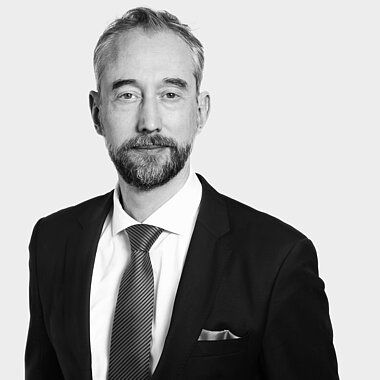
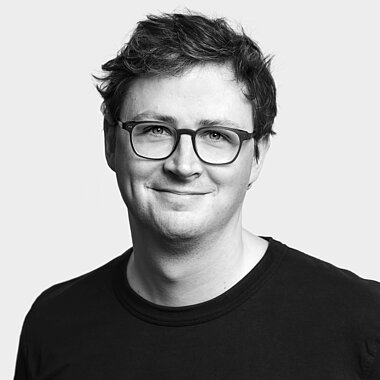
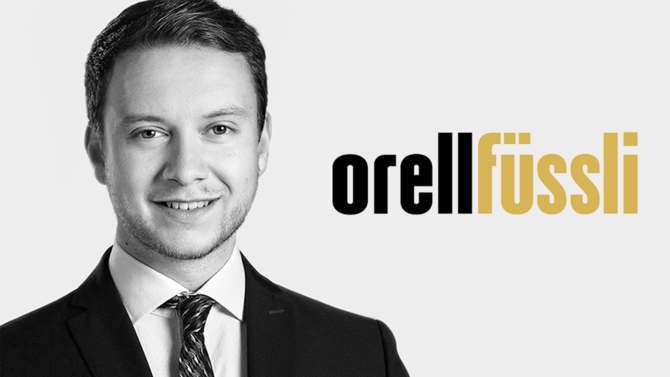
![[Translate to English:] [Translate to English:]](https://www.skwschwarz.de/fileadmin/_processed_/c/0/csm_Header_ELLG_4d88ba8ff7.png)
